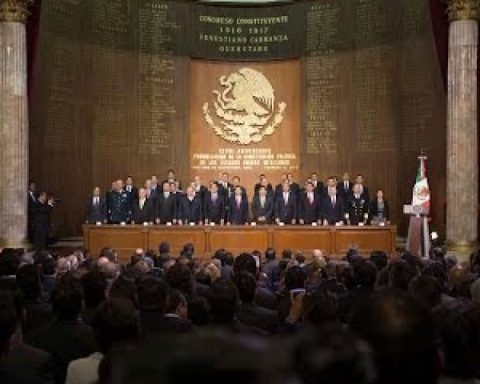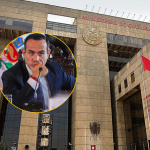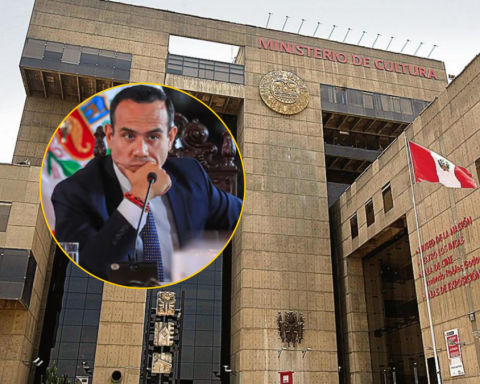All major central banks except the Bank of Japan have raised rates this year, although Tokyo policymakers unsettled markets in December with a surprise adjustment to their government bond yield target, which encouraged speculation about a possible rise in the not too distant future.
However, it has been above all the increases of 225 basis points by the US Federal Reserve in the last 12 months -and the possibility of more- that have kept the markets on edge, in a context of sharp slowdown. of growth.
“If you look at the tightening of monetary policy in the United States, it’s basically one of the sharpest in the last 20 years,” David Hauner, head of emerging markets cross-asset economics and strategy at New York, told Reuters. EMEA at Bank of America Global Research.
“Normally, when you have such a sharp tightening in financial conditions, you basically have more than just a small recession, which now seems to be the general consensus.”
On a monthly basis, the data showed that seven of the top 10 central banks raised rates in December.
The United States Federal Reserve (Fed), the European Central Bank (ECB), the Bank of England, the Reserve Bank of Australia, the Norwegian Norges Bank, the Bank of Canada and the Swiss National Bank raised their reference rates in a cumulative of 300 basis points. This figure contrasts with the monthly maximum of 550 basis points in September, although not all central banks meet monthly.
The Reserve Bank of New Zealand and the Swedish Riksbank did not hold rate-setting meetings in December.
Meanwhile, there were further signs that the tightening cycle in emerging markets was slowing.
Five of 18 central banks raised rates in December by a total of 260 basis points, less than the 400 basis points in November and some distance from the more than 800 basis points per month in June and July.
Most of these rises came from policymakers in Asia, who are falling behind in the tightening cycle of Latin America and emerging Europe. The central banks of Indonesia, India and the Philippines raised rates, along with Colombia and Mexico.
“Most emerging market central banks are close to completing their rate hike cycle,” said Charles-Henry Moncheau, chief investment officer at Syz Group.
Emerging market central banks have raised rates 93 times this year to raise the benchmark rate a total of 7,425 basis points this year, nearly three times the 2,745 basis point tightening in 2021, according to the calculations.
The central banks of Korea, South Africa, Thailand, Malaysia and Israel did not have rate-setting meetings in December.
With information from Reuters















